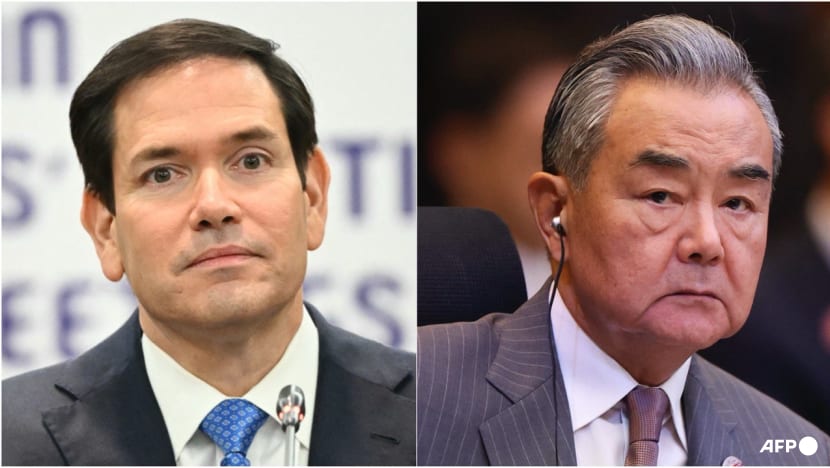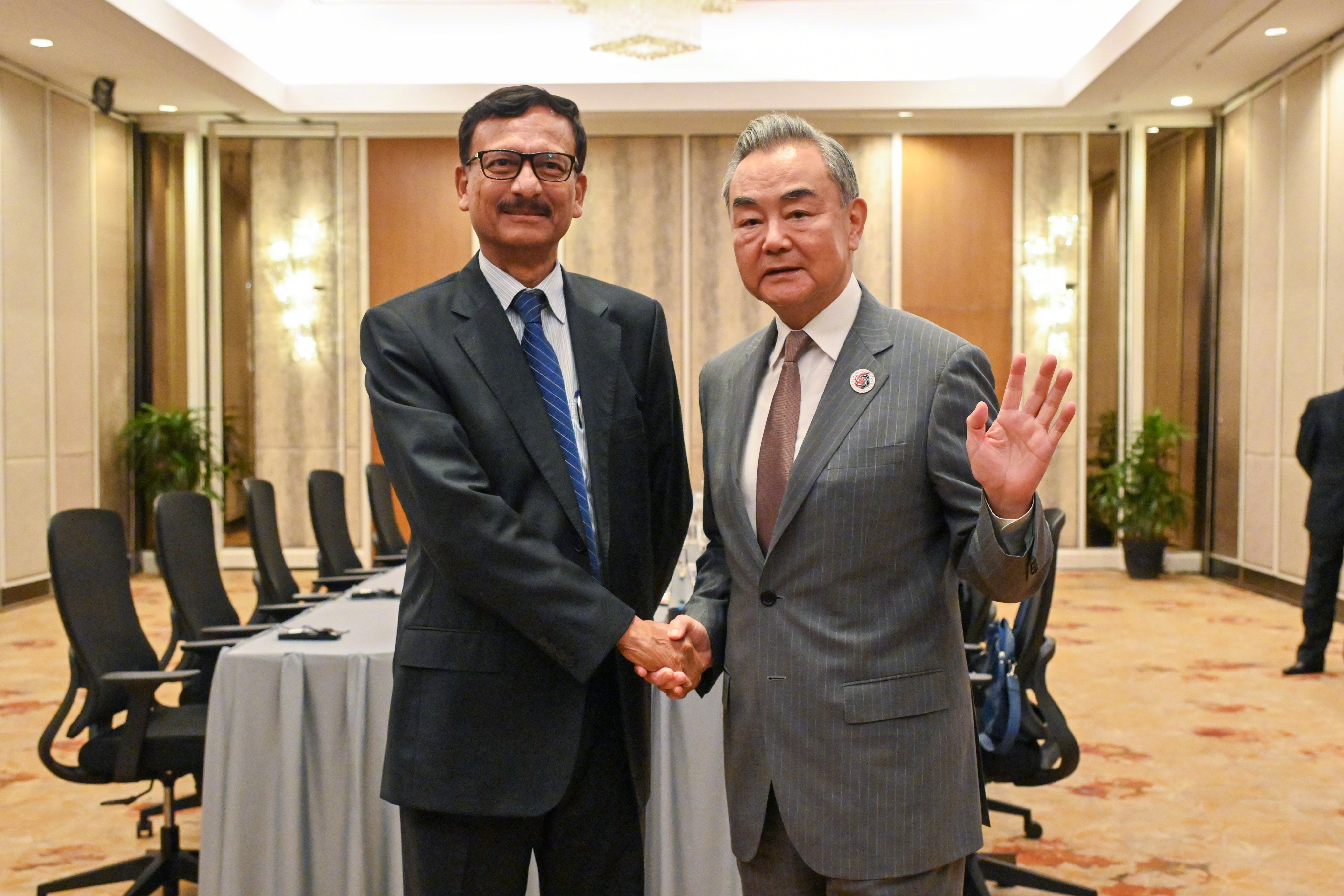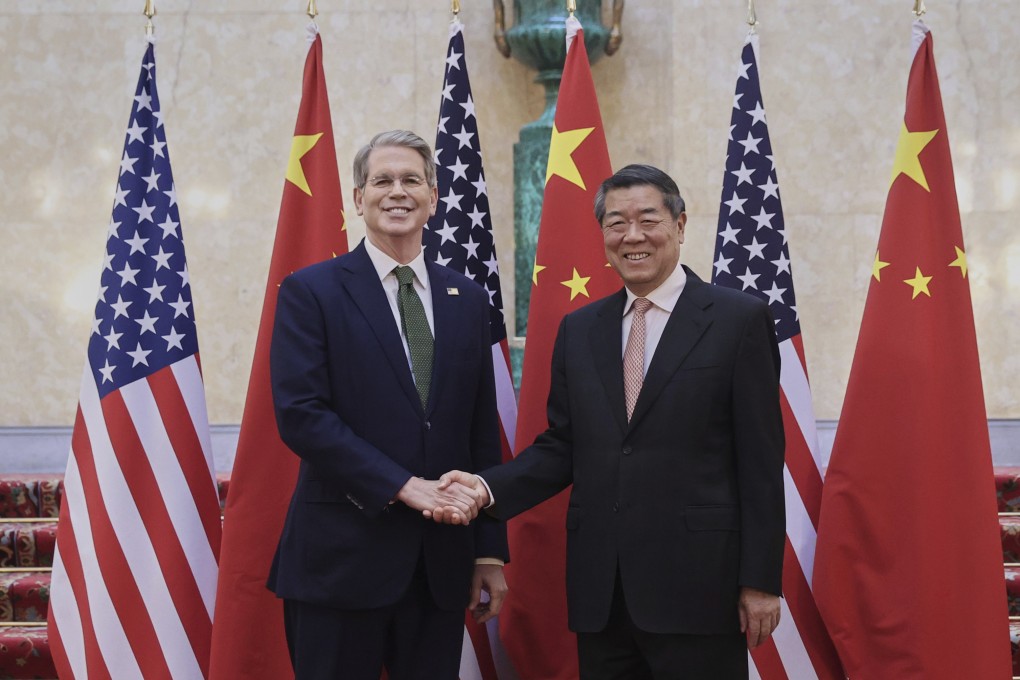US-China Tensions Flare as Rubio and Wang Yi Meet in Kuala Lumpur

Amidst escalating trade tensions fueled by President Donald Trump's renewed tariffs, U.S. Secretary of State Marco Rubio met with Chinese Foreign Minister Wang Yi on July 11, 2025, in Kuala Lumpur, Malaysia. This marked their first face-to-face meeting since Trump's return to office, taking place on the sidelines of the Association of Southeast Asian Nations (ASEAN) meetings. The meeting comes as a looming August 12 deadline approaches for a potential deal to avoid further import restrictions on Chinese goods.
Trump's Tariffs Reignite Global Trade War

The backdrop to the meeting is a dramatic escalation of global trade friction stemming from President Trump's aggressive tariff policy. The U.S. has imposed steep tariffs on various Asian nations, including a 25% levy on Japan, South Korea, and Malaysia; 32% on Indonesia; 36% on Thailand and Cambodia; and a hefty 40% on Myanmar and Laos. China initially faced tariffs exceeding 100%, prompting strong condemnation from Beijing.
China Condemns US Tariffs as "Unilateral Bullying"

Chinese Foreign Minister Wang Yi vehemently criticized the U.S. tariffs, denouncing them as "typical unilateral bullying behavior." He argued that these levies undermine the free trade system, disrupt the global supply chain, and attempt to deprive nations of their legitimate right to development. This condemnation mirrors concerns expressed by Malaysian Prime Minister Anwar Ibrahim, who described the tariffs as "sharpened instruments of geopolitical rivalry."
Beyond Tariffs: Ukraine, South China Sea, and Taiwan Dominate Agenda

While trade dominated the headlines, the Rubio-Wang Yi meeting also addressed other critical issues. Rubio indicated he raised U.S. concerns regarding China's support for Russia in its war against Ukraine, stating that China "clearly have been supportive of the Russian effort." Discussions also encompassed U.S. anxieties over China's assertive actions in the South China Sea and increasing military pressure on Taiwan.
Rubio Aims to Position US as Preferred Indo-Pacific Partner

A key objective for Rubio was to underscore the United States' role as a preferable partner for nations in the Indo-Pacific region. This effort comes against the backdrop of significant concerns from several Southeast Asian countries regarding the impact of the Trump administration's tariff policies. While security concerns and apprehension about Chinese dominance were acknowledged in discussions, the tariffs have significantly overshadowed Rubio's intended message of reaffirming U.S. commitment to the region.
ASEAN Expresses Concern Over Escalating Trade Tensions

The impact of the escalating trade war is not lost on ASEAN. In a joint communique, ASEAN foreign ministers voiced worry over rising global trade tensions and uncertainties, highlighting that unilateral tariffs are "counterproductive and risk exacerbating global economic fragmentation." They emphasized the urgent need for a transparent and fair multilateral trading system.
Wider Implications and Stakeholder Reactions

The new U.S. tariffs have cast a long shadow over Rubio's Asian trip, which was initially designed to reinforce U.S. engagement in the Indo-Pacific. Many Southeast Asian nations have openly voiced their displeasure regarding the tariffs. The strong statements from Wang Yi underscore China's rejection of the U.S. tariff strategy, framing it as a deliberate attempt to stifle economic growth and destabilize global trade.
Rubio also met with Russian Foreign Minister Sergey Lavrov in Kuala Lumpur

During his trip to Kuala Lumpur, Secretary Rubio also held talks with Russian Foreign Minister Sergey Lavrov to explore potential avenues for facilitating peace negotiations in Ukraine. This meeting adds another layer of complexity to the already tense geopolitical landscape.